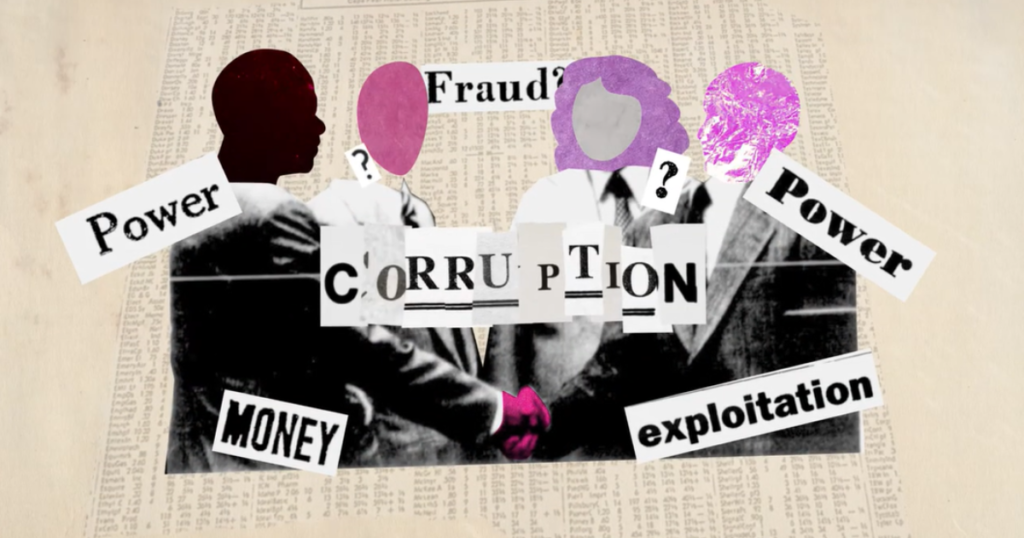Do We Just Live in a Corrupt Society and It’s Just Human Nature?
Corruption is a problem that has plagued societies for centuries. It can take many forms, from petty bribery to grand larceny. But what causes corruption? And is it simply a part of human nature?
There are a number of factors that can contribute to corruption, including:
- Power imbalances. When there is a great deal of power concentrated in the hands of a few people, it creates an opportunity for corruption. This is because those with power can use it to their own advantage, often at the expense of others.
- Weak institutions. When institutions are weak or corrupt, they are less able to hold those in power accountable. This creates an environment where corruption can flourish.
- Lack of transparency. When there is a lack of transparency in government or business, it can be difficult to track down and prosecute corruption. This is because corrupt actors can hide their activities in the shadows.
- Cultural norms. In some cultures, corruption is seen as a normal part of doing business. This can make it difficult to change the status quo.
So, is corruption just a part of human nature? Some people believe that it is. They argue that humans are naturally selfish and greedy, and that this leads to corruption. Others believe that corruption is not inevitable, and that it can be prevented. They argue that strong institutions, transparency, and cultural change can all help to reduce corruption.
The truth is, there is no easy answer to the question of whether corruption is just a part of human nature. It is likely that both nature and nurture play a role. However, it is clear that corruption is a serious problem that can have a devastating impact on societies. We must work together to find ways to prevent and reduce corruption, so that we can build a more just and equitable world.
Here are some things that can be done to reduce corruption:
- Strengthen institutions. This includes making sure that governments are accountable to the people, and that businesses are subject to the rule of law.
- Promote transparency. This means making government and business records more accessible to the public, and ensuring that there is open and honest communication about decision-making.
- Change cultural norms. This means challenging the idea that corruption is acceptable, and promoting values such as honesty and integrity.
Corruption is a complex problem, but it is not insurmountable. By working together, we can create a world where corruption is no longer tolerated.








